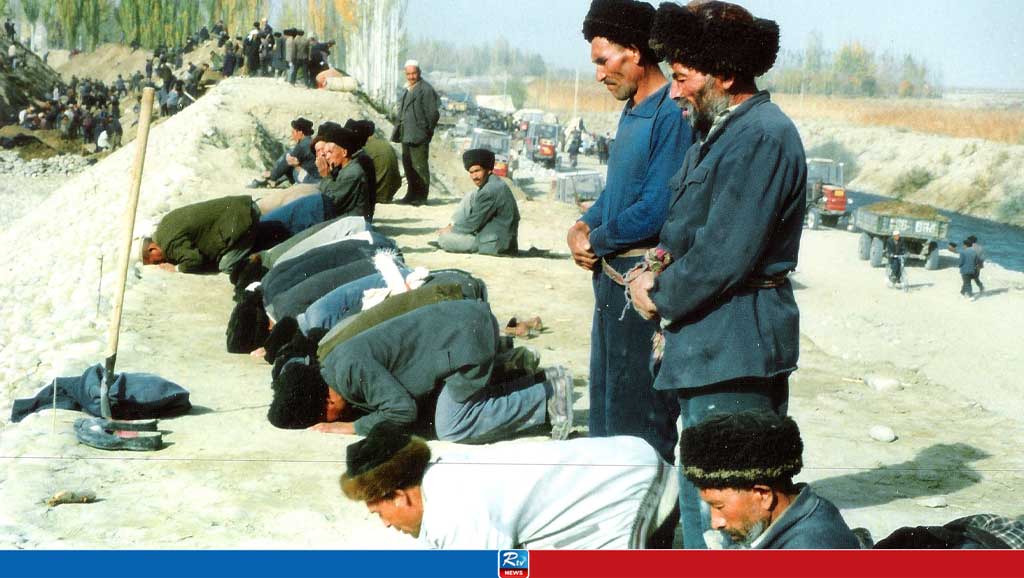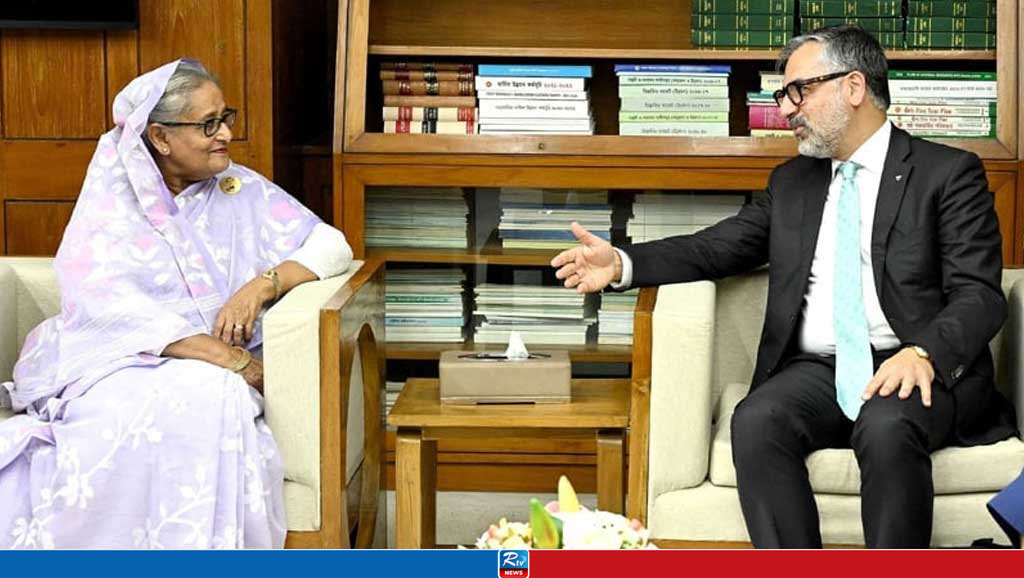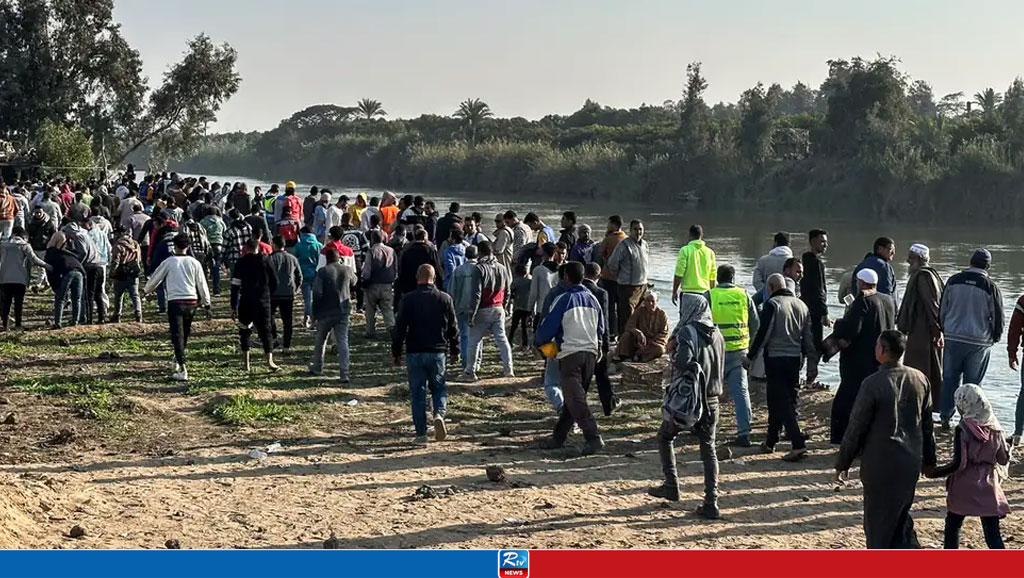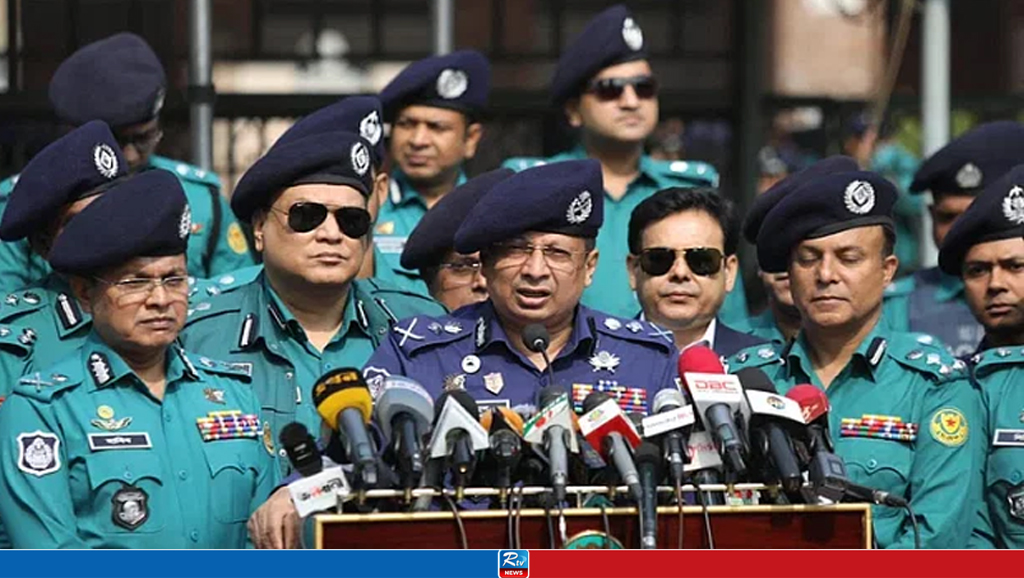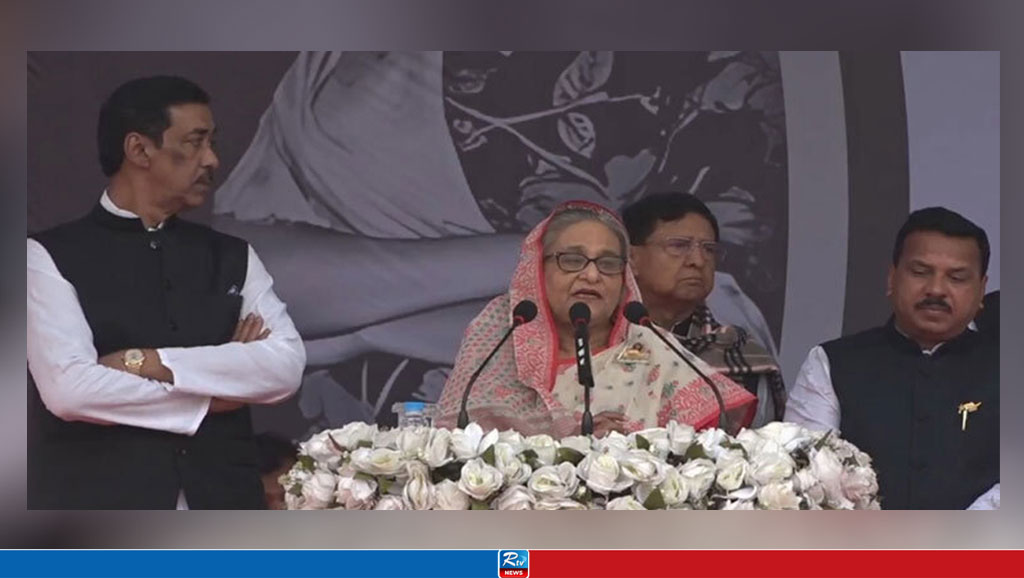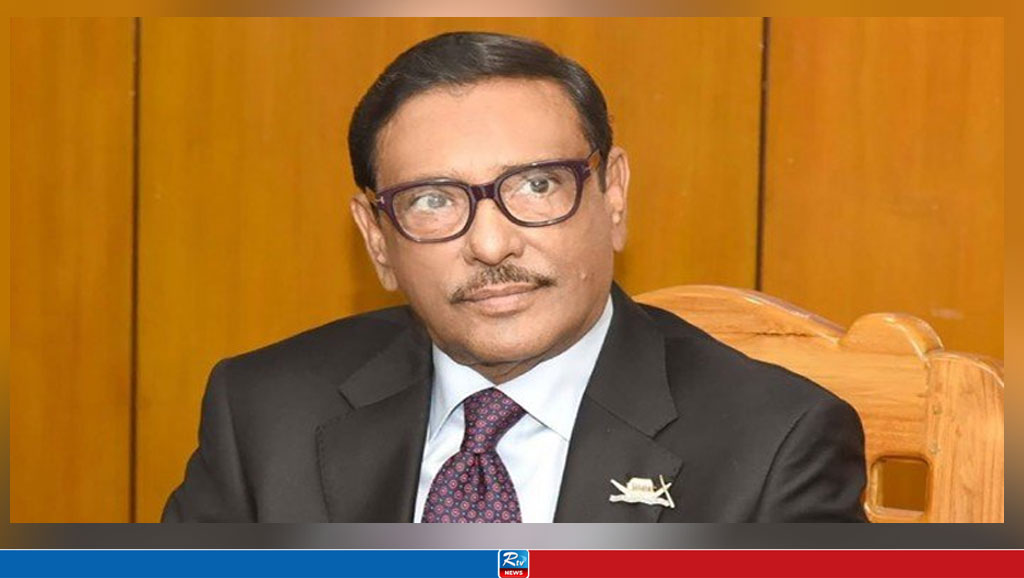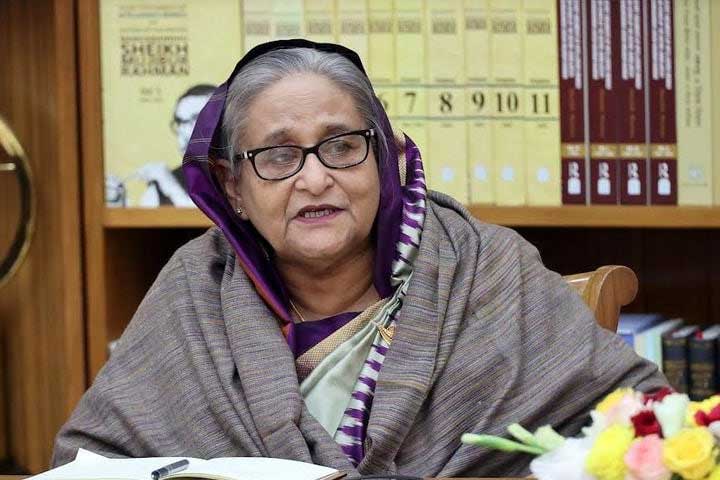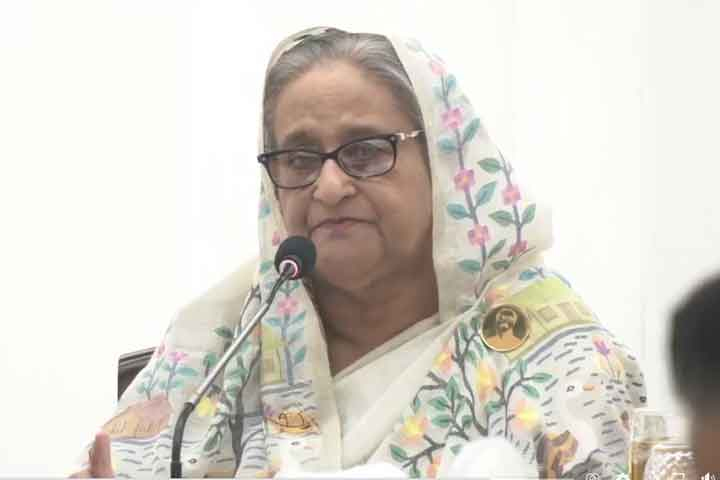All people of faith should stand against China’s Uyghur genocide
In 2024, with our attention taken up by the presidential race and by futile culture-war battles, following the news has seemingly become more fruitless than ever, especially for a religious person who feels obligated to respond to societal ills.
When members of my Jewish community tell me they face this problem, I say that being God-conscious individuals requires us to see beyond the news of the day and focus on our most pressing moral concerns. In many respects, I am inspired by the Catholic Church, which, at its best, holds true to its values—whether I agree with its conclusions or not—without overly prioritizing political point-scoring. What matters is not landing on the left or right side of an issue, but seeking to carry out the will of God in the world.
More and more, I have been saying there is one issue where all people, particularly all religious people, can present a unified front, across partisan lines and across faith traditions. That issue is what can be called the genocide of the Uyghurs in China.
There seems to be no end in sight regarding disagreements on the Israeli-Palestinian conflict, abortion, same-sex marriage and the like. But Christians, Jews and Muslims, as well as Democrats, Republicans and independents, can all agree that the Uyghur genocide, in which the Chinese Uyghur population (who are predominantly Muslim) has endured imprisonment, forced labor, religious persecution and much else, is an affront to human dignity and religious freedom.
As one example of how we can respond, as Jews, a coalition of us led by the Elie Wiesel Foundation for Humanity are pressing Jewish C.E.O.s to provide documentation that they are not using Uyghur forced labor. If Christian organizations take similar steps, the impact can multiply.
In recent history, Christians and Jews have come together to support the U.S. civil rights movement, religious freedom for minorities and the end of apartheid in South Africa. But when I look around at the world today, I see a startling lack of moral clarity. Part of this, I have to think, stems from the decline of religion, particularly in the United States. This decline was illustrated by a headline in USA Today in January: “More ‘nones’ than Catholics: Non-religious Americans near 30% in latest survey.”
Despite the many societal improvements we have made in recent decades, I worry that we will no longer see mass movements for the betterment of the world if every individual is made into their own freelance arbiter of moral justice. That USA Today article confirmed my suspicions, saying:
“Nones” are less likely to volunteer or vote in elections. Of the U.S. adults surveyed, 17 percent of religious “nones” volunteered in the last year compared to 27 percent of religiously affiliated adults, and 39 percent of “nones” voted in the 2022 election compared to 51 percent of religiously affiliated adults.
They also showed slightly lower rates of civic engagement, and were less likely to have contacted officials or attended a government meeting in the last year.
One explanation for these differences: Religious people feel responsible for the collective, whether it is made up of fellow synagogue-goers or parishioners, our co-religionists around the world, or all other human beings, made in the image of God.
But we cannot afford to waste that blessing. We must use it to overcome the moral catastrophes of our time, understanding that religion is not just about carrying on the traditions of the past but also about shaping a brighter future.
When we see the injustices of the world, we are called to actualize the words of Psalm 69:
The lowly will see and rejoice; you who are mindful of God, take heart!
For God listens to the needy, and does not spurn those held captive.
If you are a Christian who wants to be a partner in our work toward ending the repression of the Uyghurs, join our coalition in a two-day conference, led by the Elie Wiesel Foundation for Humanity, on April 17 and 18 in New York City. If you cannot join, you can still get involved by researching and avoiding brands that use forced labor, pressuring politicians to act at the state and national levels, and petitioning governments and companies. Bans on products from Uyghur forced labor have been put in place, but they have not effectively been enforced and need reinforcements.
I don’t want to take the view that religious people are the only ones who can lead on this issue. But I feel deeply compelled to act because of a deeply held belief that every human being is created in the image of God.
Source: America Magazine
05 Apr 2024,14:47












 Live Tv
Live Tv
